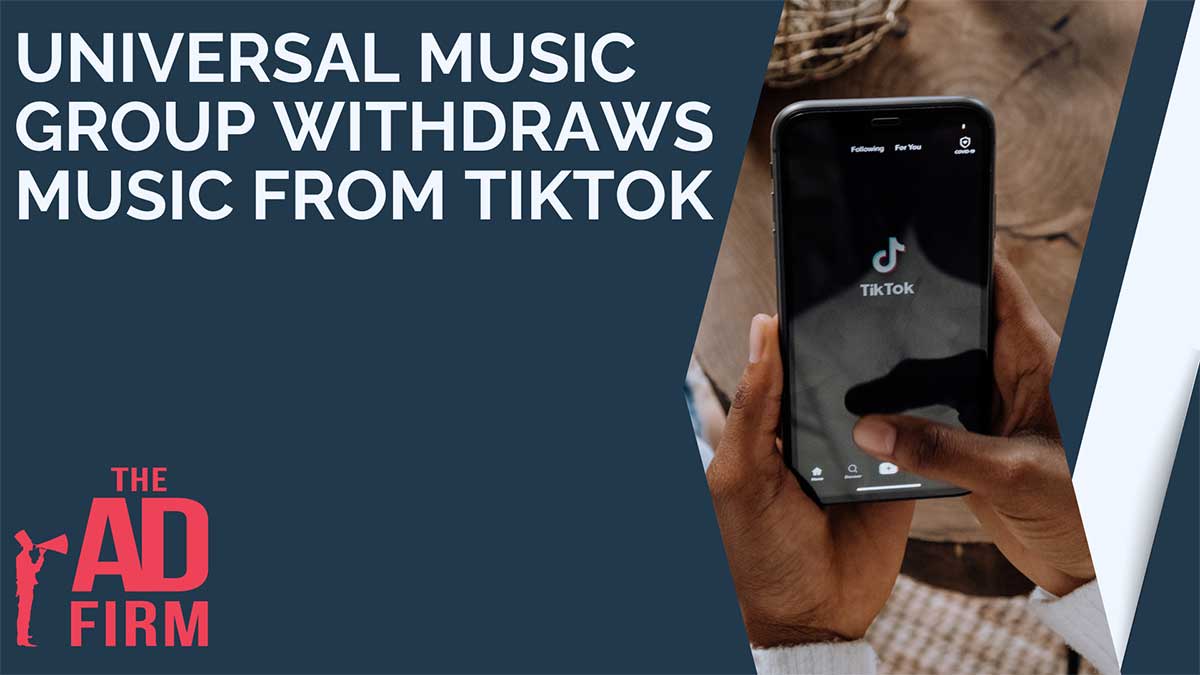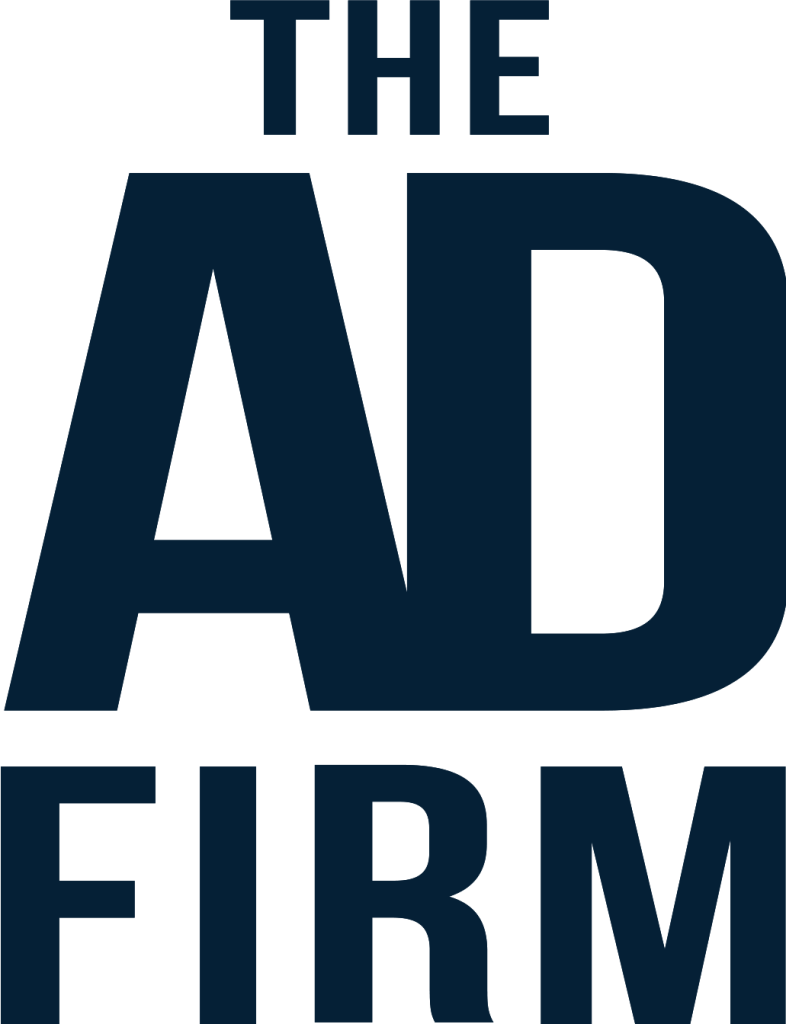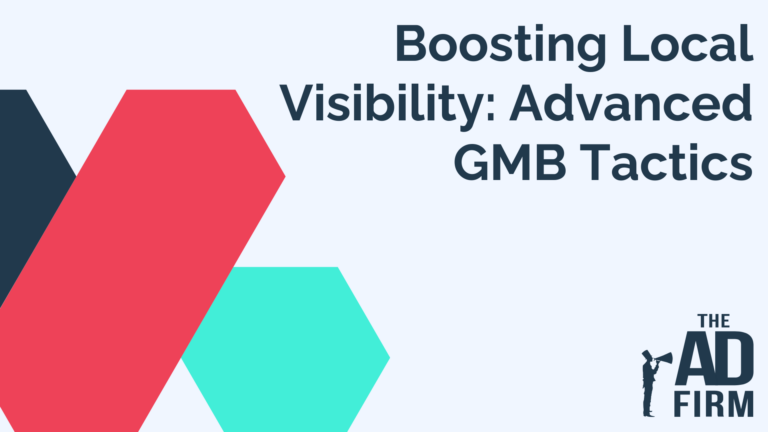In a dramatic turn in the digital music scene, Universal Music Group (UMG) is set to pull its hit tracks from TikTok, risking the disappearance of chart-toppers like Taylor Swift and Drake from the platform.
This bold move comes amid a heated dispute over artist compensation and the use of AI in music creation, highlighting the tensions between the music giant and the social media behemoth. As TikTok users, numbering in the billions, face the potential loss of their favorite tunes, the standoff underscores the growing challenges in the music industry’s adaptation to the digital era.
The Heart of the Dispute
The dispute centers on Universal Music Group (UMG) withdrawing its songs from TikTok, triggered by disagreements over artist compensation and the impact of artificial intelligence on music creation.
In a strongly worded letter to its artists, UMG expressed its grievances with TikTok, claiming the platform, owned by China’s ByteDance, “attempted to bully us into accepting a deal worth less than the previous deal, far less than fair market value and not reflective of their exponential growth.” This accusation highlights UMG’s dissatisfaction with the proposed terms and their insistence on a deal that reflects the true value and growth of TikTok’s platform.
“TikTok proposed paying our artists and songwriters at a rate that is a fraction of the rate that similarly situated major social platforms pay,” UMG stated.
In response, TikTok, under ByteDance’s ownership, issued a pointed rebuttal early Wednesday, accusing UMG of prioritizing “their own greed above the interests of artists and songwriters.” This counter-accusation by TikTok frames the debate as a conflict between corporate interests and the well-being of the creative community.
UMG has accused TikTok of using intimidation tactics by “selectively removing the music of certain of our developing artists,” while still featuring tracks from “audience-driving global stars.” This claim suggests a strategic approach by TikTok to influence negotiations, highlighting a disparity in treatment between emerging and established artists.
TikTok, while not directly addressing UMG’s specific claims, countered by labeling the music company’s assertions as “false narrative and rhetoric.” Additionally, they highlighted their successful agreements with other major music labels, suggesting that their business dealings are both fair and in line with industry standards.
This situation is complicated further by UMG’s concerns with TikTok over its endorsement of AI-generated music, suggesting the platform’s support for AI innovations might undermine the earnings and recognition of human artists. This stance by UMG highlights a growing issue within the music industry, where the rapid advancement of artificial intelligence creates both opportunities and challenges, particularly in how it affects copyright integrity and the equitable distribution of royalties.
What music will be affected?
In a significant development that underscores the complexities of music licensing in the digital age, TikTok users are set to experience a notable depletion in their choice of background music for their videos. This change comes as a result of Universal Music Group (UMG), the largest record label in the music industry’s history, failing to reach a new licensing agreement with TikTok. The fallout from these unsuccessful negotiations means that a vast collection of songs licensed by UMG will be pulled from the platform.
UMG’s catalog is extensive, representing a wide swath of the music industry and featuring some of the biggest names in music today, including Ariana Grande, Justin Bieber, and Olivia Rodrigo. The impact of this removal will be immediately felt by TikTok’s content creators and users. Starting Thursday, these popular tracks will no longer be searchable under the platform’s “sounds” tab, severely limiting the options for users to create new content, from the next viral dance craze to lip-sync videos and beyond.
The implications extend beyond the inability to add these tracks to new videos. Existing content on TikTok that features UMG-licensed music faces the possibility of being muted or outright removed. This decision rests with TikTok, as stated by a UMG spokesperson, who emphasized the company’s commitment to protecting its copyrights.
The process of removing these tracks from TikTok is expected to unfold gradually, indicating that the platform’s landscape will evolve over the coming days as the full extent of the removal becomes apparent. It’s important to note the intricate nature of music licensing; not all music from artists under UMG will be removed if they have songs licensed through other labels, such as Warner and Sony-owned entities. This delineation means that while UMG tracks disappear from TikTok, other songs by the same artists may remain, provided they are licensed through different companies.
How long will this last?
The recent breakdown in licensing negotiations between Universal Music Group (UMG) and TikTok has sent ripples through the digital and music landscapes, marking a significant standoff in the evolving dynamics of music rights and social media platforms. However, experts within the industry view this not as an endgame but as a high-stakes negotiation phase that is unlikely to last indefinitely.
Ted Cockle, who once led UMG’s Virgin EMI Records and now heads Mussel Music Management, characterizes the situation as a dramatic confrontation between two powerhouses keen on asserting their dominance in their respective domains. This sentiment is echoed across the industry, with the consensus being that the mutual benefits of a partnership between TikTok and UMG will eventually lead to a resolution. Historical instances in the digital era have shown that such disputes are typically short-lived, ranging from a day to a few months, suggesting a blueprint for an eventual agreement.
The impact of this standoff extends beyond corporate negotiation tables to TikTok creators, UMG artists, and their fans. Alexandra J. Roberts from Northeastern University emphasizes the importance of TikTok as a platform for artists, especially emerging talents who rely on social media for exposure and revenue. The absence of UMG’s catalog from TikTok not only limits creative expression but also potentially hinders the financial and promotional avenues for artists, stirring discontent among fans and users accustomed to engaging with a wide range of music.
While representatives for artists like Taylor Swift and Ariana Grande have yet to comment, the broader implications for smaller artists and labels are a concern. Andrew Mall points out that while top artists may weather the absence from TikTok without significant impact, smaller entities cannot afford such a standoff, underlining the critical role of digital platforms in artist development and visibility.
As the industry watches closely, Jessica Henig of Unlocked Branding prepares to navigate the challenges, indicating the resilience and adaptability of content creators in facing licensing hurdles. The situation recalls similar disputes, such as Warner Music Group’s 2008 pullout from YouTube, which was eventually resolved, suggesting that a compromise between UMG and TikTok may well be on the horizon. This ongoing saga highlights the intricate balance between copyright protection, artist visibility, and platform utility in the digital music ecosystem.
The Business Behind the Music & The Broader Impact
Diving deeper into the rift, the business mechanics of music licensing on social platforms are intricate, dictating how tunes are shared and monetized. Such arrangements are pivotal, especially when platforms like TikTok transform songs into viral sensations. Yet, the heartache comes with the paycheck—or lack thereof. The disparities in compensation between platforms are stark, raising eyebrows and questions about fairness for those who craft the hits.
As this tussle unfolds, TikTok’s vibrant community watches closely. Imagine scrolling through your feed, only to find the soundtrack of your digital life fading into silence. The potential removal of hits from big names could dim the lights on TikTok’s stage, affecting not just user engagement but the very fabric of music discovery.
Social media, after all, has become the modern-day record shop, concert hall, and backstage pass—all rolled into one. The implications ripple out, touching every corner of the industry, from the bedroom producer to the chart-topping stars, all while redefining the role of social platforms in the grand orchestra of the music ecosystem.
The Importance of Fair Compensation and Innovation
In wrapping up, the tug-of-war between UMG and TikTok underscores a broader dialogue about fairness and the future of music in the digital age. At its core, it’s a narrative about finding equilibrium: ensuring artists are rewarded justly while embracing the innovations that platforms like TikTok bring to the table.
As we navigate this evolving landscape, the harmony between fair compensation and technological advancement becomes imperative, ensuring that music—life’s universal language—continues to thrive, resonate, and inspire across the digital divide.









